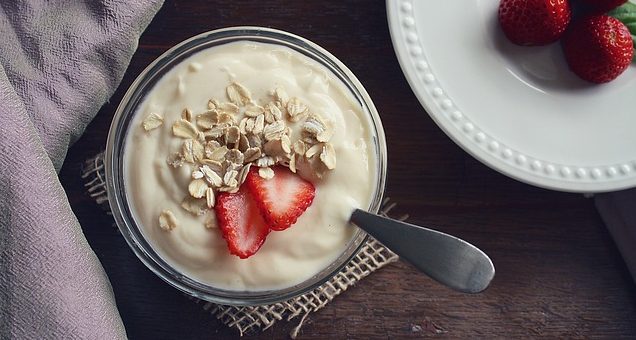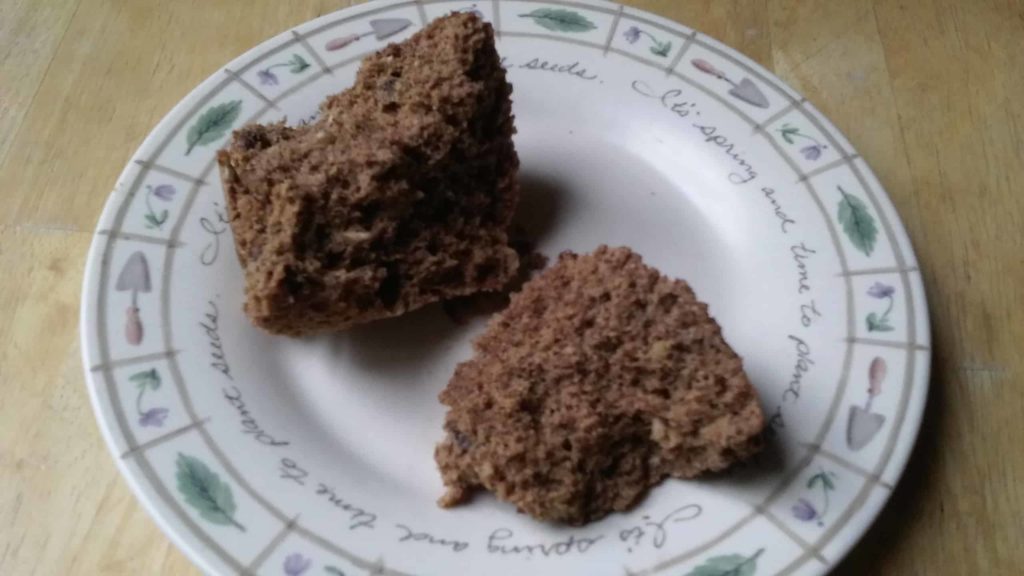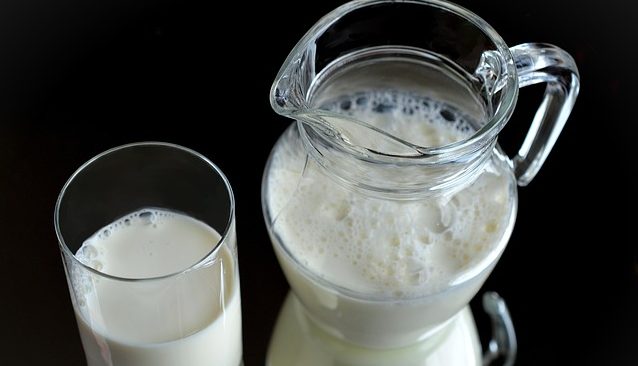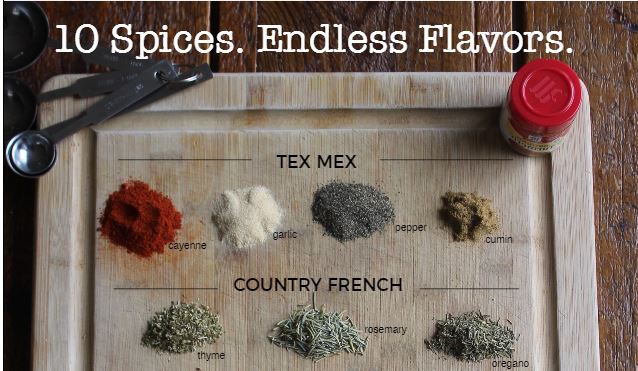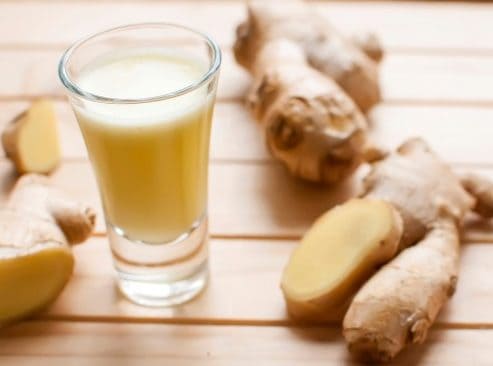
James writes:
“Everyone refers to weight as being a risk factor for various diseases. But is it true that losing weight actually lowers one’s risk? Or could some other factor be responsible for both disease risk and a higher weight?”
If you’re overweight or obese, losing weight absolutely does reduce your risk of various complications and diseases. Because when you lose weight, it’s not just the the number on the scale that changes. Losing weight can reduce your blood pressure as well as your fasting blood sugar, for example, and that in turn lowers your risk for stroke and diabetes.
[bctt tweet=” When you lose weight, it’s not just the the number on the scale that changes. ” username=”nutritiondiva”]
And, by the way, losing even a small amount–as little as 5% of your current weight–can significantly reduce your risk of various conditions, even if you are still overweight. For this reason, you’d be better off losing a modest amount of weight and keeping it off than losing a large amount of weight and gaining it back!
(And if you’ve had enough of yo-yo dieting, you may be interested in a new project I’m working on.) But keep in mind that having a risk factor for a disease does not mean that you are certain to develop the disease. If you are a smoker, you are much more likely to develop lung cancer than a non-smoker. But some smokers don’t get lung cancer–and some non-smokers do.
Which Risk Factors Should We Focus On?
Some disease risk factors are things we can’t change–such as our age, race, gender, or genetic heritage. I’m at higher risk of developing osteoporosis than James is, simply because I’m female.
Other risk factors, such as our body weight, eating habits, exercise, and other lifestyle habits, are within our control. I can lower my risk of developing osteoporosis, for example, by not smoking and getting regular exercise.
No Guarantees So Enjoy the Ride!
Despite what some people will tell you, there is no way to completely disease-proof your body. All we can do is focus on our modifiable risk factors and hope for the best. And because there are no guarantees, I think it’s important to strike a balance between lowering risk and maintaining quality of life. Or, as my friend Yoni Freedhoff likes to say, “Live the healthiest life you can enjoy living.”
